The Contemporary Introduction to Deep Reinforcement Learning that Combines Theory and Practice
Deep reinforcement learning (deep RL) combines deep learning and reinforcement learning, in which artificial agents learn to solve sequential decision-making problems. In the past decade deep RL has achieved remarkable results on a range of problems, from single and multiplayer games–such as Go, Atari games, and DotA 2–to robotics.
Foundations of Deep Reinforcement Learning is an introduction to deep RL that uniquely combines both theory and implementation. It starts with intuition, then carefully explains the theory of deep RL algorithms, discusses implementations in its companion software library SLM Lab, and finishes with the practical details of getting deep RL to work.
This guide is ideal for both computer science students and software engineers who are familiar with basic machine learning concepts and have a working understanding of Python.
- Understand each key aspect of a deep RL problem
- Explore policy- and value-based algorithms, including REINFORCE, SARSA, DQN, Double DQN, and Prioritized Experience Replay (PER)
- Delve into combined algorithms, including Actor-Critic and Proximal Policy Optimization (PPO)
- Understand how algorithms can be parallelized synchronously and asynchronously
- Run algorithms in SLM Lab and learn the practical implementation details for getting deep RL to work
- Explore algorithm benchmark results with tuned hyperparameters
- Understand how deep RL environments are designed

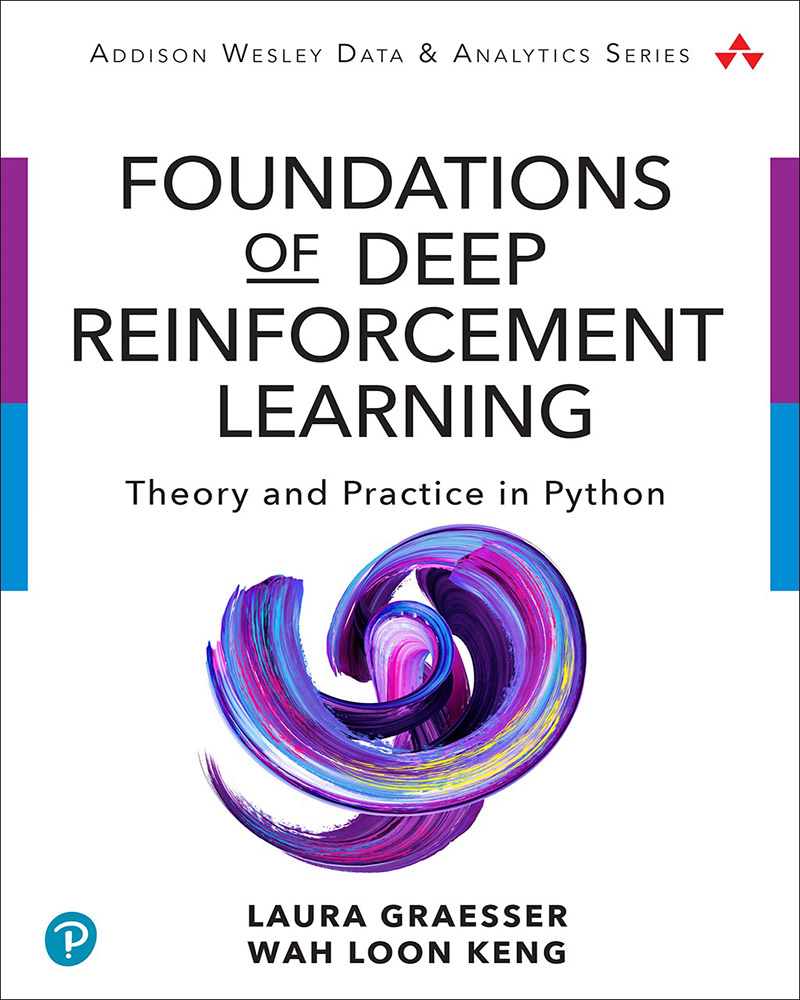
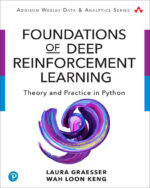
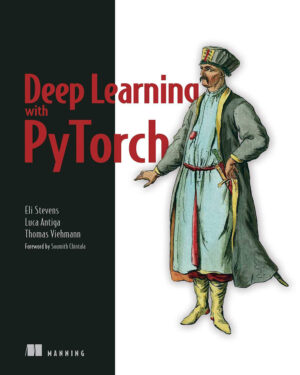
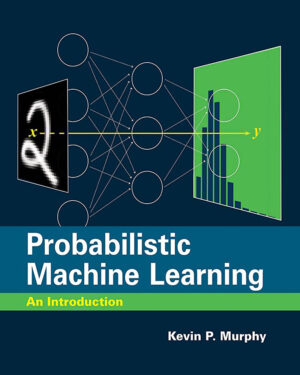
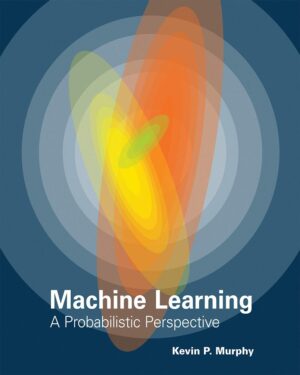
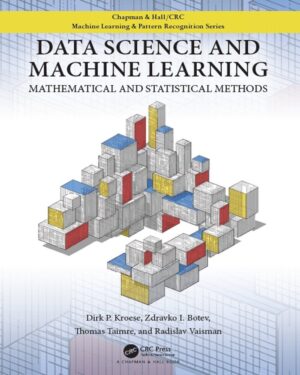
Reviews
There are no reviews yet.